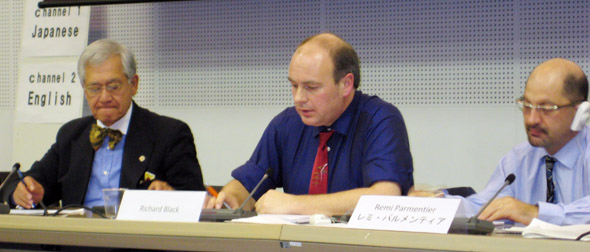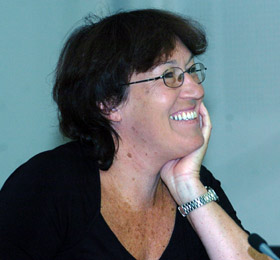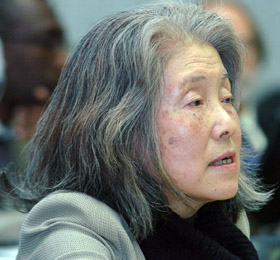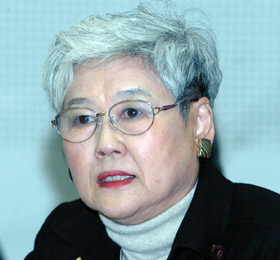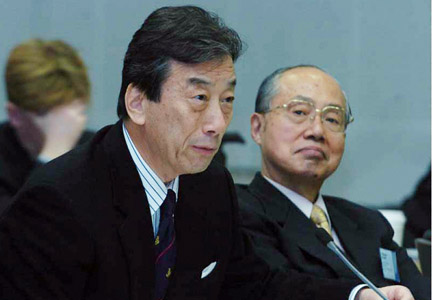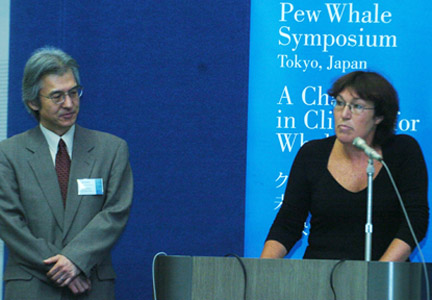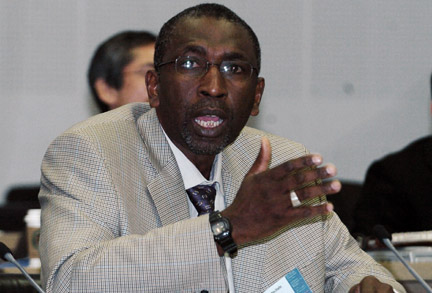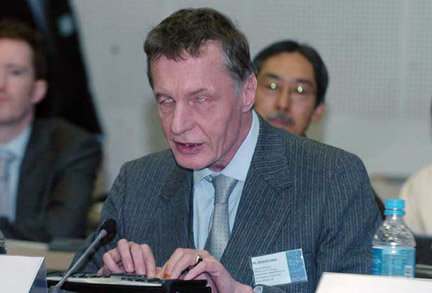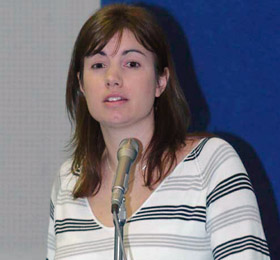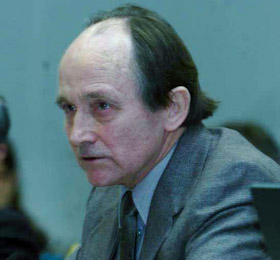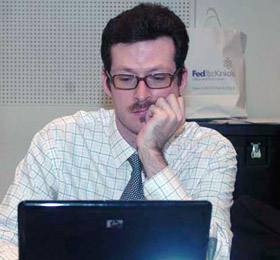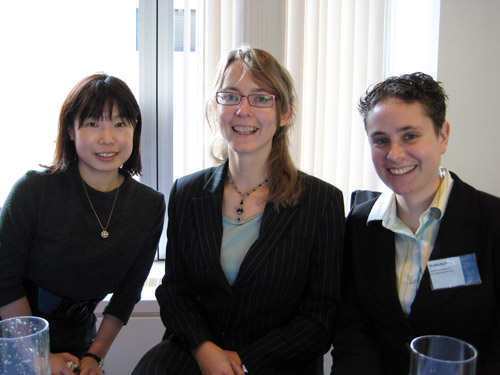Highlights for Thursday, 31 January 2008
Participants at the Second Pew Whale Symposium resumed their discussions today.
During a session entitled “How can a way forward be found?,” presentations were made by: Amb. Eduardo Iglesias, International Whaling Commission (IWC) Commissioner for Argentina; Richard Cowan, IWC Commissioner for the United Kingdom (UK); Tetsu Sato, Nagano University; and Heather Sohl, WWF-UK.
In the ensuing discussion, participants addressed: killing of whales by anti-whaling countries through ship strikes and by-catch; small cetaceans management; “managing the impasse” versus “looking for a way forward”; the culling of whales for conservation and fisheries purposes; the role of trust; high-level ministerial participation in negotiations; and equitable appropriation of resources and design of management regimes.
In the afternoon, Richard Black, British Broadcasting Corporation, moderated a roundtable discussion entitled “The IWC process on its future: recommendations to the IWC Intersessional Meeting in March 2008”. Delegates discussed, among other things:
 the role of science;
the role of science;
 the functioning of the IWC;
the functioning of the IWC;
 NGO participation in IWC meetings;
NGO participation in IWC meetings;
 “renovating” the International Convention on the Regulation of Whaling (ICRW);
“renovating” the International Convention on the Regulation of Whaling (ICRW);
 cooperation with other organizations;
cooperation with other organizations;
 IWC meeting frequency;
IWC meeting frequency;
 motivations for the continuation of whaling;
motivations for the continuation of whaling;
 a suggestion for a voluntary suspension and review of Japan’s scientific whaling programme;
a suggestion for a voluntary suspension and review of Japan’s scientific whaling programme;
 and concrete suggestions for the IWC Intersessional Meeting in March, including appointing new representatives for the IWC, promoting consensus-based approaches rather than voting, and encouraging the chair to take an active role in conflict mediation.
and concrete suggestions for the IWC Intersessional Meeting in March, including appointing new representatives for the IWC, promoting consensus-based approaches rather than voting, and encouraging the chair to take an active role in conflict mediation.
Symposium Chair Neroni Slade presented a Chair’s summary of the meeting. He said the discussions had shown some clear areas of agreement, including that: the ICRW and the IWC have produced significant benefits for whale conservation; endangered species deserve absolute protection; and ultimately the solution to the whaling debate is political, not scientific. He said the most promising compromise would be a combination of actions which would: recognize potentially legitimate claims by coastal whaling communities; suspend scientific whaling in its current form and respect sanctuaries; and define a finite number of whales that can be taken by all of the world’s nations.
Chair Slade said an outcome document will be made available, stressing that it will be a Chair’s summary rather than a consensus document, and closed the meeting at 6:10 pm.




